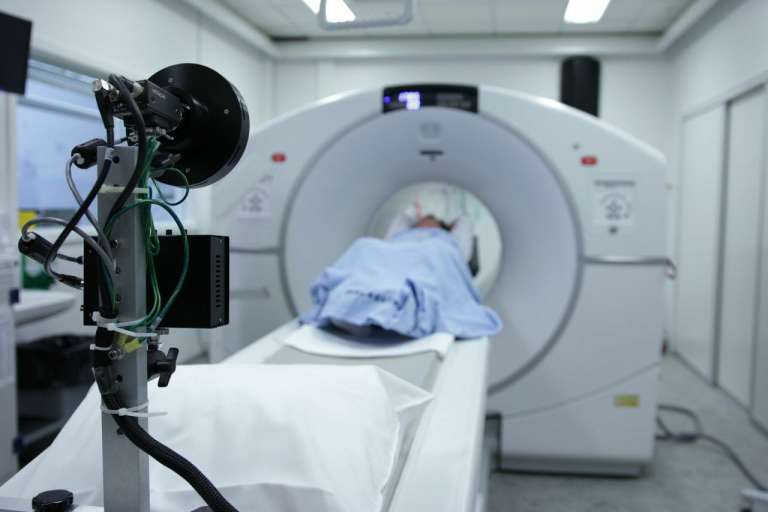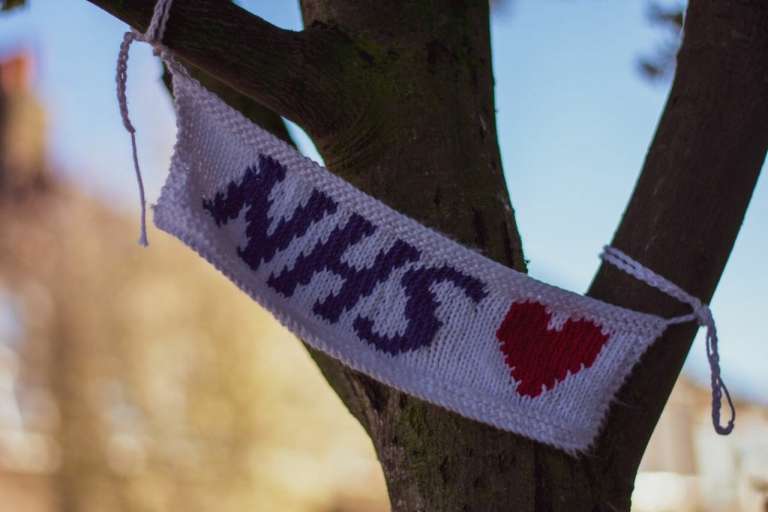Aisha Chithira, 32, travelled from Ireland to have a late-stage termination, at a west London abortion clinic, in 2012. She died after extensive internal bleeding and cardiac arrest just four hours after the procedure, an inquest heard.
A history of complications
Chithira had a history of complications during previous pregnancies. She had miscarried twins at 30 weeks and underwent an emergency C-section to deliver her daughter. After suffering from abdominal pain, she worried that childbirth was too much of a risk, and sought a visa to travel to England for a late-stage termination at 22 weeks.
The procedure was further complicated by Chithira’s history of fibroids;- a condition that causes non-cancerous growths to develop around the womb.
Treatment at a West London Abortion Clinic
She was given tablets to soften the neck of her womb five hours before the operation, but it had not dilated as expected, the doctor said.
As a result, she suffered a tear to her uterus during the surgery, which was performed “blind”, and under anaesthetic.
After the surgery, Chithira complained of feeling hot, and dizzy. The nurses checked her pulse and blood pressure after she collapsed in the toilet, but told her she could not stay overnight.
The inquest heard how she had vomited in a stairwell, and swayed so much she looked “drunk”.
The taxi driver who drove Chithira from the clinic testified at the inquest. Reading from a statement, she said: “The nurse got her in a hug and she said ‘don’t do that, you will break my bones’.”
Chithira also called her husband, who had stayed in Ireland to look after their daughter, and told him that she was “too weak to speak”.
She lost over two litres of blood due to internal bleeding. The doctor testified that the delay in bleeding could have been due to the drip Mrs Chithira was attached to for two hours following surgery.
An element of complacency
Dr Adedayo Adedeji and nurses Gemma Pullen and Margaret Miller were initially all charged with manslaughter by gross negligence and a health and safety breach, but the case was dropped in 2016 when the prosecution did not present their evidence.
The coroner identified an ‘element of complacency’ but could not return a verdict of neglect.
He said, “Her death resulted from the manifestation of a recognised complication of the procedure resulting in sometimes subtle and atypical symptoms and signs which were not appreciated as potentially sinister at the time.”
He added that he formed this view after hearing that doctors did not always see patients prior to procedures, that monitoring during anaesthesia did not meet well-established universally adopted standards in other facilities and that observations were taken and not entered into the patient record.





